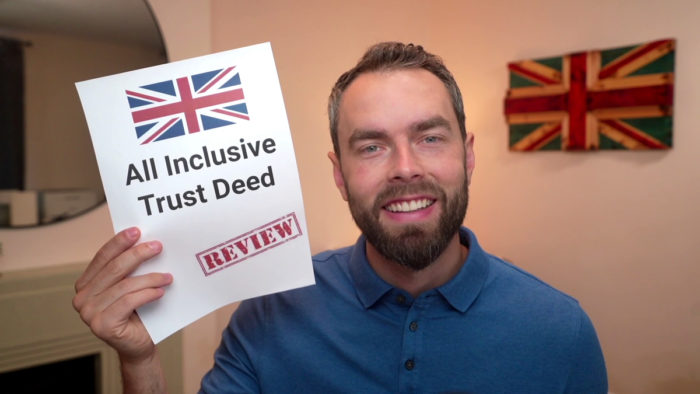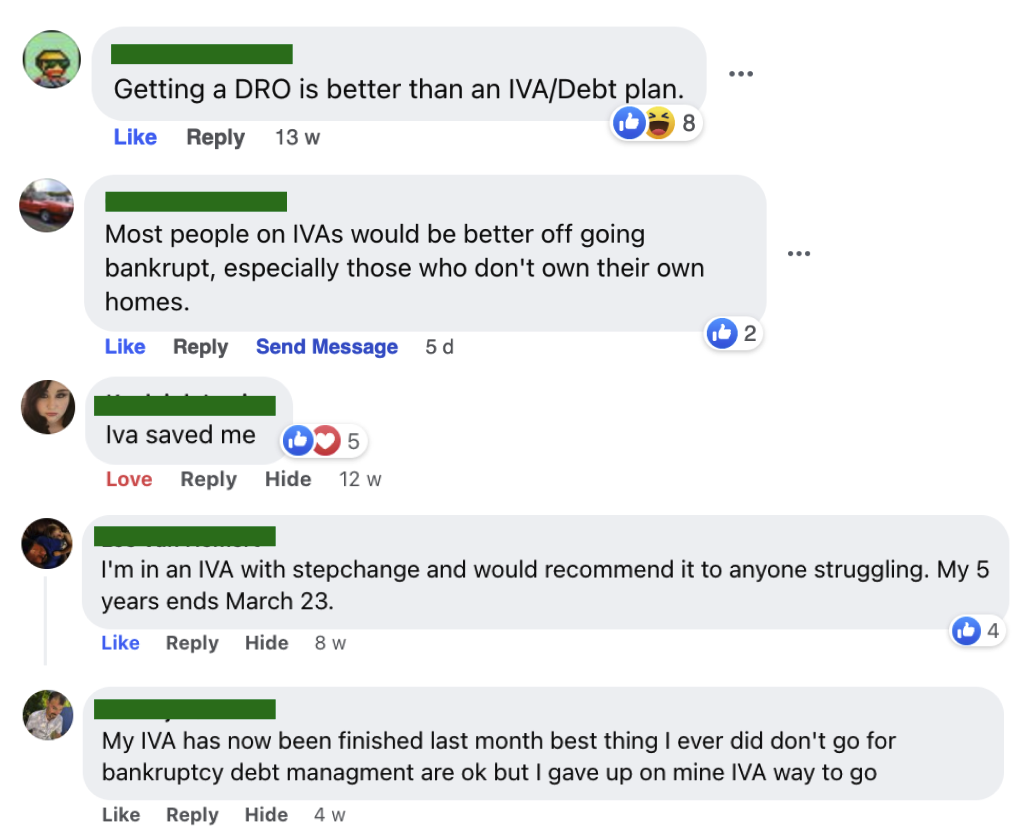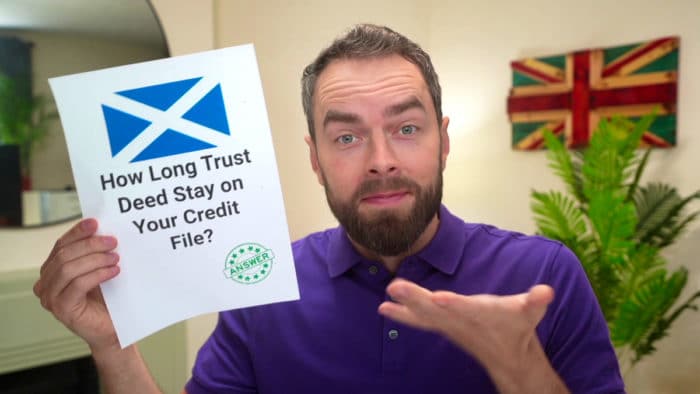All Inclusive Trust Deed – Complete Guide & FAQs
For free & impartial money advice you can visit MoneyHelper. We work with The Debt Advice Service who provide information about your options. This isn’t a full fact-find, some debt solutions may not be suitable in all circumstances, ongoing fees might apply & your credit rating may be affected.

For free & impartial money advice you can visit MoneyHelper. We work with The Debt Advice Service who provide information about your options. This isn’t a full fact-find, some debt solutions may not be suitable in all circumstances, ongoing fees might apply & your credit rating may be affected.
Are you wondering what an all-inclusive trust deed is? Are you worried about debt? You’re in the right place. Every month, more than 170,000 people visit our website seeking advice on debt problems.
In this simple guide, we’ll explain:
- What an All Inclusive Trust Deed (AITD) is
- When you might need to use an AITD
- The good things about an AITD
- The things to think about before you get an AITD
- Other choices you might have if you’re dealing with too much debt
We know that being in debt can be hard and scary; some of us have been there too. But don’t worry; we’re here to help you understand all your options and find the best way forward.
What is an All-Inclusive Trust Deed (AITD)?
A trust deed is a type of agreement in which you put your debt against a piece of your property. For the time being, you transfer ownership of your property to a third-party trustee. In this way, they become the temporary owner of the property.
However, after the debt is repaid, you are again made the owner of the property.
An AITD is different from a normal trust deed because it incorporates several debts against a single security instrument. The property that you put your debt against is already in the mortgage. You put more debt on the existing mortgage and will then have to pay a large debt.
When is an AITD used?
An AITD is used in seller financing scenarios, where the seller finances part of the property that the buyer is buying. Here, the seller of the mortgage on the property chips in some of his own money, in excess of the first mortgage.
Seller financing occurs in conjunction with a home loan since everyone cannot afford the down payment on a house. With interest rates also sky-high, it is becoming exceedingly difficult to keep up with mortgage payments.
All-inclusive trust deeds are also known as a wraparound mortgage. In this, you wrap around a second mortgage on an original mortgage. This is only a good option if you can afford the huge loan payments that come with all-inclusive deeds of trust.
» TAKE ACTION NOW: Fill out the short debt form
The Benefits of an AITD
There are many advantages of an AITD; it is a good option to consider if you know exactly what an All-Inclusive Trust Deed entails. Some of the benefits include:
- First of all, the buyer does not need to qualify for a loan with the lender. What happens is that the seller who finances the down payment is the one selling the mortgage. The buyer is not involved in the second loan with the lender on the original mortgage.
- The closing costs on this mortgage are minimal.
- Moreover, the seller of the second mortgage has the advantage of paying sales income tax in instalments. This means that as long as the payments from the buyer are received within a year, they will be considered legitimate.
- The seller also benefits from “Interest Override”. This means that the seller could negotiate the interest rate on the trust deed to be a higher amount than the original interest rate on the first mortgage.
How a debt solution could help
Some debt solutions can:
- Stop nasty calls from creditors
- Freeze interest and charges
- Reduce your monthly payments
A few debt solutions can even result in writing off some of your debt.
Here’s an example:
Situation
| Monthly income | £2,504 |
| Monthly expenses | £2,345 |
| Total debt | £32,049 |
Monthly debt repayments
| Before | £587 |
| After | £158 |
£429 reduction in monthly payments
If you want to learn what debt solutions are available to you, click the button below to get started.
Key Considerations for Engaging in an AITD:
There are many things that both the buyer and the seller should take into account before entering an AITD. This includes:
- Current market conditions
- Individual financial health
- Long-term property goals
The Risks Associated With an AITD
- The recording of the AITD might alert lenders and tell them to enforce the “Due on Sale Clause” or the “Acceleration Clause”. The “Due on Sale Clause” will require the underlying loan to be paid in full.
- Also, at the given time, the underlying loan will be considered defaulted, and the lender could possibly start the foreclosure process.
- When you structure an AITD, you have to make sure that the lender doesn’t find out about this – and even if they do, that they don’t do anything about it. Otherwise, they would activate the “Due on Sale Clause”, which states that your mortgage is due when you sell your property.
- An AITD also gives you the chance to default at two levels. The buyer may default on the second mortgage, as well as the first mortgage. This will mean that if you’re the seller, you won’t get your own loan back, and you will also have to pay the first mortgage from your own pocket.
Thousands have already tackled their debt
Every day our partners, The Debt Advice Service, help people find out whether they can lower their repayments and finally tackle or write off some of their debt.

Natasha
I’d recommend this firm to anyone struggling with debt – my mind has been put to rest, all is getting sorted.
Reviews shown are for The Debt Advice Service.
Are there any other options?
Deciding how to tackle your debt is a very personal decision and you certainly can’t get the answer through a simple blog post.
It’s made worse by the strong opinions you’ll often find online.

The best option is to get help from a debt expert to find out all your options and see which is right for you.
I’ve partnered with The Debt Advice Service and you can access their expert support by filling out the short form below.
Get help from The Debt Advice Service.


